Luke Honey’s WEEKEND FLICKS. Cinema for Grown Ups is a reader-supported publication. To receive new posts and support my work, please consider becoming a free or paid subscriber.
Robert: Your idea of fidelity is not having more than one man in bed at the same time. You’re a whore, baby, that’s all. Just a whore. And I don’t take whores in taxis.
Diana (in cockney): A pound’s not enough!
Robert: You’re not worth more than a bloody quid anyway!
Diana: I’m an honest working girl.
Robert: A fiver in the Walworth Road, that’s about your bloody mark!
I watched John Schlesinger’s Darling (1965) a few days ago on digital download, a film I know well, but there’s always an excuse to watch it again; a fabulous romp through London Society of the Swinging Sixties — and then half way through writing this post, it suddenly occured to me — it had completely slipped my mind — that we had actually covered Darling before. And so we had. Back in March 2024, when the newish WEEKEND FLICKS. had only 247 subscribers. Since then, the subscriber list has grown significantly, so please treat this post as Darling Revisited. Actually, no bad thing, that — as many of you may not have read my original thoughts. I hope you’ll forgive me.
On top of that, it really has been the most stressful week (it’s a long story), capped by DoorGate on Friday evening. I returned home from a relaxing drink at the Chelsea Arts Club to discover that the ‘decorators’ we had employed to repaint our front door a shiny, glossy, super-smooth black (just like Downing Street), had buggered off, leaving the door a mess of streaky gobbets of congealed, patchy paint, waves of raised paint ridges (like curtains), and globular dribbles. The door’s now covered in an oily, black gunk. It’s a car crash. No. 10 it ain’t. And to make matters worse, instead of taping off the brass lock (which cost an arm and a leg), they’ve sloshed it with gloss, then scraped it off with a sanding machine, so that it’s now covered in deep scratches. Heigh Ho. London life.
Talking of London, Darling (1965) is the most London of films. Julie Christie stars as Diana Scott, a spoilt, desperately shallow — and damningly attractive — Society It Girl and professional social climber. Boring Hooray Henry Husband dumped, it’s time to work her way through a succession of influential older men: Robert Gold (Dirk Bogarde), a distinguished BBC television presenter; Miles Brand (Laurence Harvey), an odious advertising executive, as smooth as an oil slick; Malcolm (Roland Curram), a gay fashion photographer and, finally, when she meets her match, Prince Cesare della Romita (José Luis de Vilallonga), scion of the Italian aristocracy and bob-sleighing Playboy.
It strikes me, watching it again, just how good the Dirk Bogarde/Julie Christie dynamic is. Nothing against the uber-stylish Laurence Harvey, who’s terrific (as ever, and more of that later), but Bogarde and Christie steal the show. Is this the only time they appeared together? I believe so. Dirk’s at his best, I think, when he’s playing Anti-Dirks: Stephen, the bitter, insanely jealous Oxford don in Joseph Losey’s Accident (1967), and Robert, in Darling (1965), a sort of investigative journalist/television presenter, think Monitor, perhaps, or The South Bank Show, apparently based on Robert Kee, the presenter of Panorama: which means Freud, cardigans, knitted ties, and a stucco’d house on the edge of Hampstead Heath.
In contrast, Diana Scott comes from a sort of middle-middlish, if relatively well-off, background. She’s probably been to a girls’ public day school or a convent. The in-laws’ dinner party scene is priceless. Sussex somewhere? Tunbridge Wells? Or is that in Kent? The reproduction shiny mahogany dining room table, the newish silver, the cut glass, the hunting prints, the banal, uptight, stultifying conversation — “Alex, may I have the horseradish please?” — just when something interesting is about to be said. We’re in a world of minor public school ties and National Service commissions. Which explains why Mr Gold’s intellect appeals, despite the cardigan, knitted tie and Austin Morris 1100. And so Robert and Diana dump their other halves and move into a love nest in Emperor’s Gate, just off the Gloucester Road.
Now Julie Christie, Dirk Bogarde and Laurence Harvey happen to be three of my all-time favourite actors; John Schlesinger, a favourite director (Sunday Bloody Sunday [1971]) and Cold Comfort Farm [1995]), and Frederic Raphael, one of my all-time favourite writers: (Two for the Road [1967] and Eyes Wide Shut [1999]). So to watch Darling is to watch a masterclass in British talent: it explains why Swinging London — in a relatively short time — became the centre of all that was hip, fashionable, creative and interesting. And all of ‘em are bloody marvellous.
And Laurence Harvey’s Miles Brand is all style over substance, a ruthless executive with a Modernist, David Hick-ish office in The City, oiled quiff, and a Mercedes-Benz Pagoda Top. We’re in International Man of Mystery territory — and who better than Laurence Harvey (one of the best Columbo villains) to play it? Julie Christie, in the same way, just has ‘it’ — whatever ‘it’ is. She’s marvellously subtle. Think Fahrenheit 451 (1966), The Go-Between (1971), Don’t Look Now (1973) and Donald Cammell’s Demon Seed [1977]. And her considerable looks, too, were very much of the time — not ‘beautiful’ in the sense of the 40s or 50s femme fatale (Viv, Hedy and Gene) but something more modern, as New York magazine put it, writing on Mod fashion:
This new, déclassé English girl was epitomized by Julie Christie in Darling — amoral, rootless, emotionally immature, and apparently irresistible...
Darling (1965) was a critical and financial success, winning three Oscars for Best Actress, Best Screenplay and Best Costume. The adultery, kinky Parisian existentialist sex party (tut-tut), homosexual characters, and Fortnum’s shoplifting scene (the real deal, not a set!) must have seemed shocking at the time — at least to the good burghers of Gerrard’s Cross. These days, it’s more of a delicious (and deeply amusing) Sixties period piece: whimsical — in that Sixties way — perhaps even ‘dated’ (whatever that means?), certainly when compared to Schlesinger’s new wavy, Sunday Bloody Sunday (1971). And, at the same time, it’s all a bit knowing, with obvious irony. Like a Sunday colour supplement ad for cognac juxtaposed with an earnest photojournalistic piece: the Vietnam War or a cannibalistic aeroplane crash in the Andes.
Still, despite the period charm, or because of the period charm, Darling shines, more than helped along by Johnny Dankworth’s smooth jazz score. Diana’s chocolate commercial, filmed in an Italian palazzo and set to a nifty little Bach number à la Swingle Singers, is delightful. As, too, is Frederic Raphael’s brilliant, witty, urbane and pithy script. It’s very much a buy, and a perfect feel-good film for a miserable Sunday afternoon in October.
So I ended up watching Darling (1965) again on Amazon Prime Video, although I do have a DVD somewhere, upstairs in the hovel. Note to self: I really need to get organised. And it’s also available on DVD and Blu-ray in an appealing digitally restored ‘50th Anniversary Edition’. And there’s a trailer (I think) on YouTube, which I’ll post to Notes later on in the week.
That was Film No. 188 in the WEEKEND FLICKS. archive. Paid subscribers (a bargain £5 a month, or £50 a year) get two film recommendations every weekend (on Friday and Sunday mornings) plus access to the entire archive. Free subscribers get a snippet of the Friday post (there’s nothing like dangling a metaphorical carrot) and the Sunday recommendation. A film doesn’t necessarily have to be ‘good’ (i.e. rated by the critics), but it does have to have something about it. Which makes it worth watching. And there’s one important rule. Every film we discuss needs to be readily available. Preferably via immediate digital download or via DVD, which can be bought easily online.
Right. I’ll be back on Friday with another tantalising film choice. No idea what I’m going to write about. But I’ll have another look at my tottering DVD stack. Plenty to choose from. Enjoy the film. And for this one, darlings? It has to be shampoo. Served in those slightly vulgar wide champagne glasses, the ones modelled on Marie Antoinette’s left tit. Ciao.


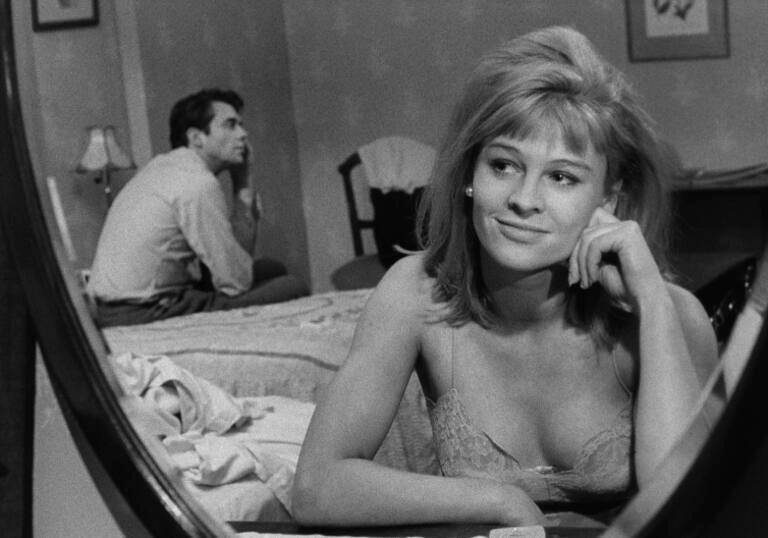
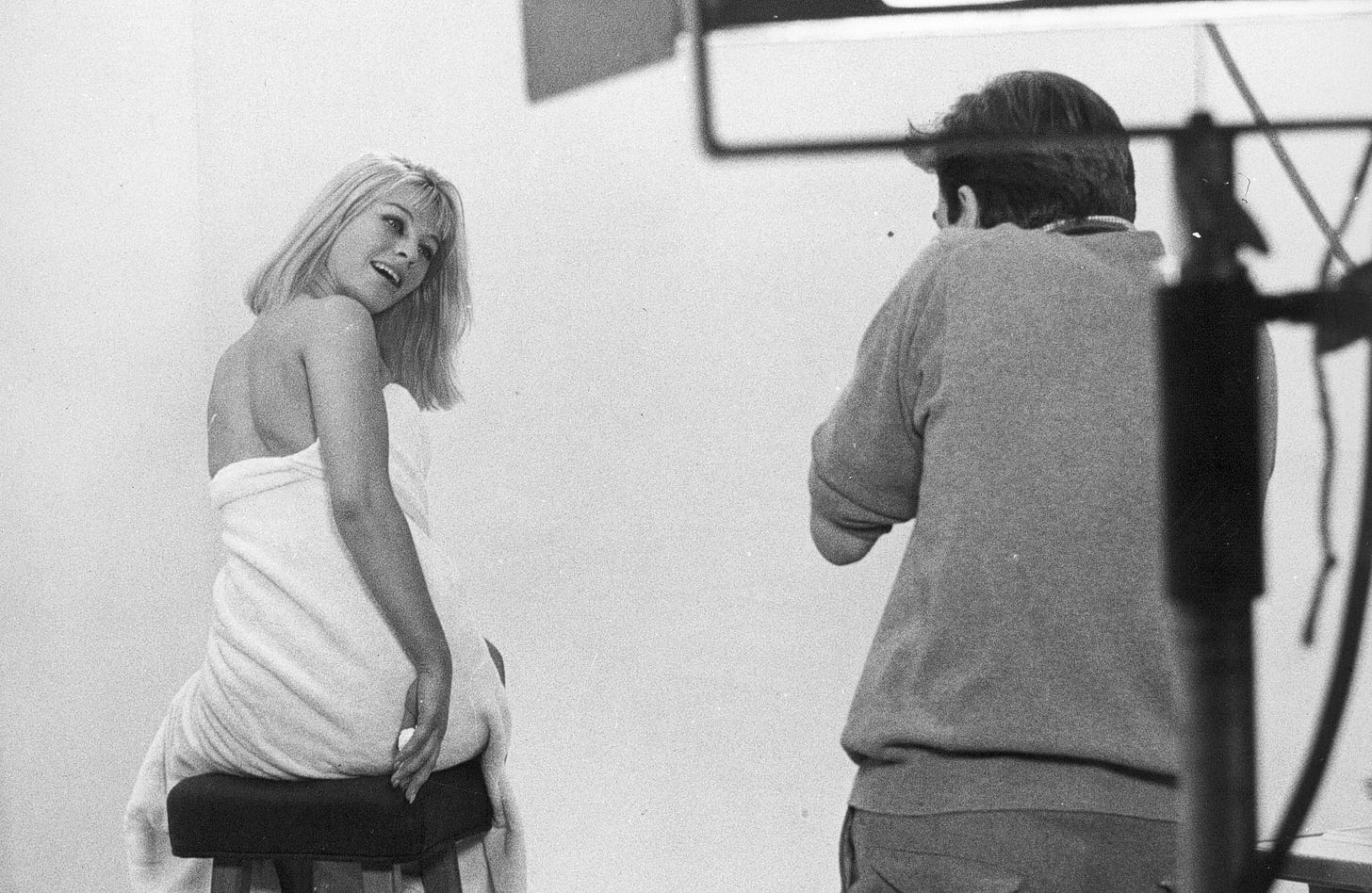
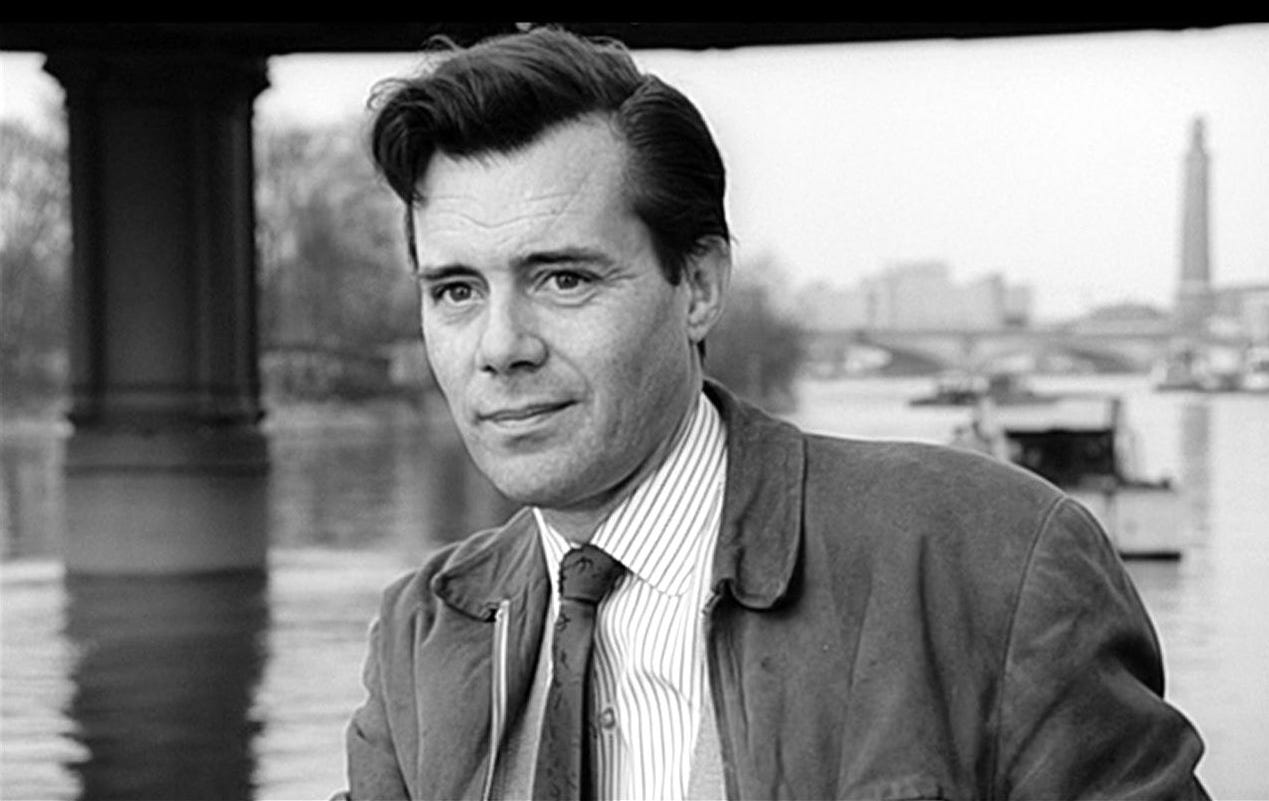
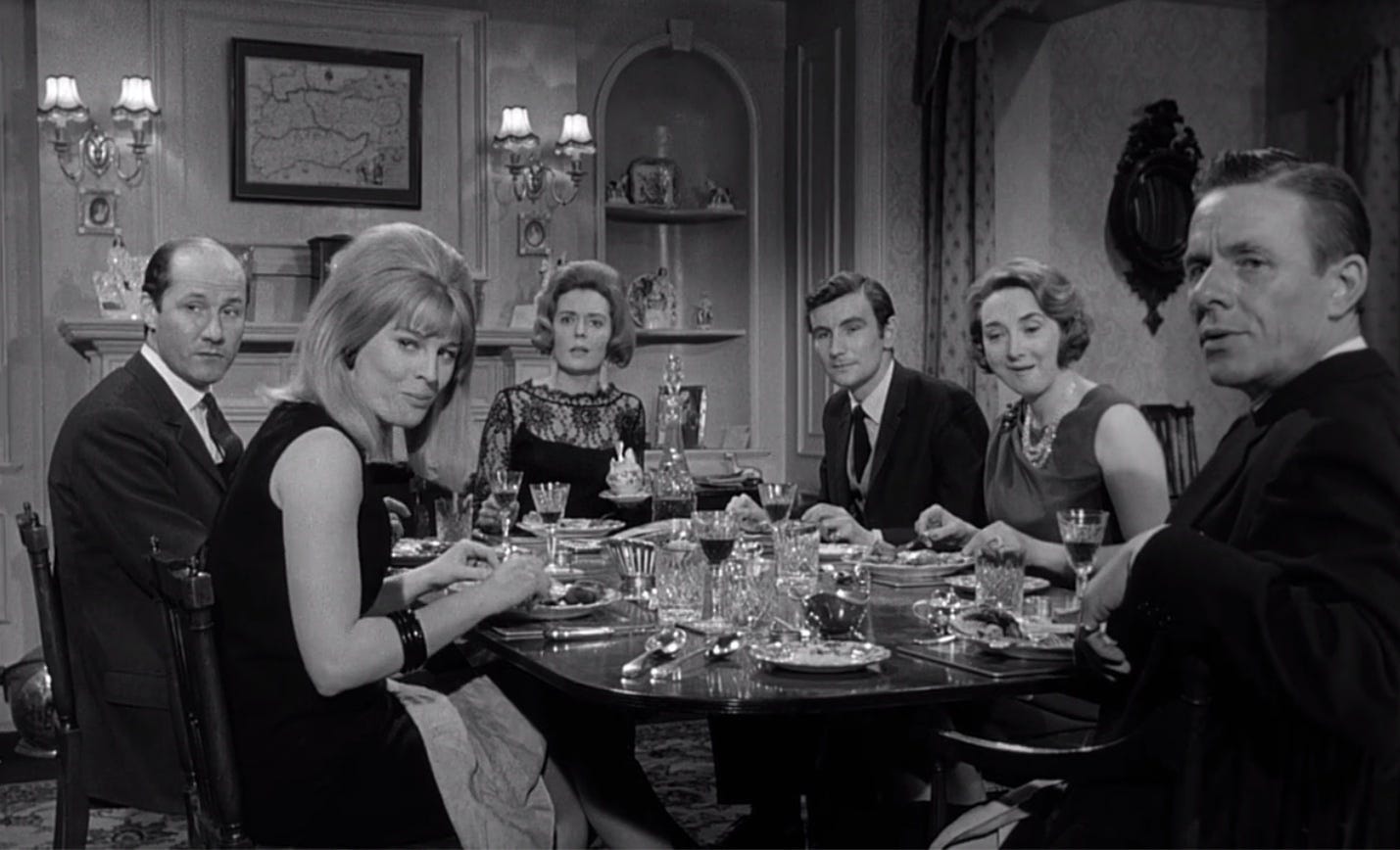
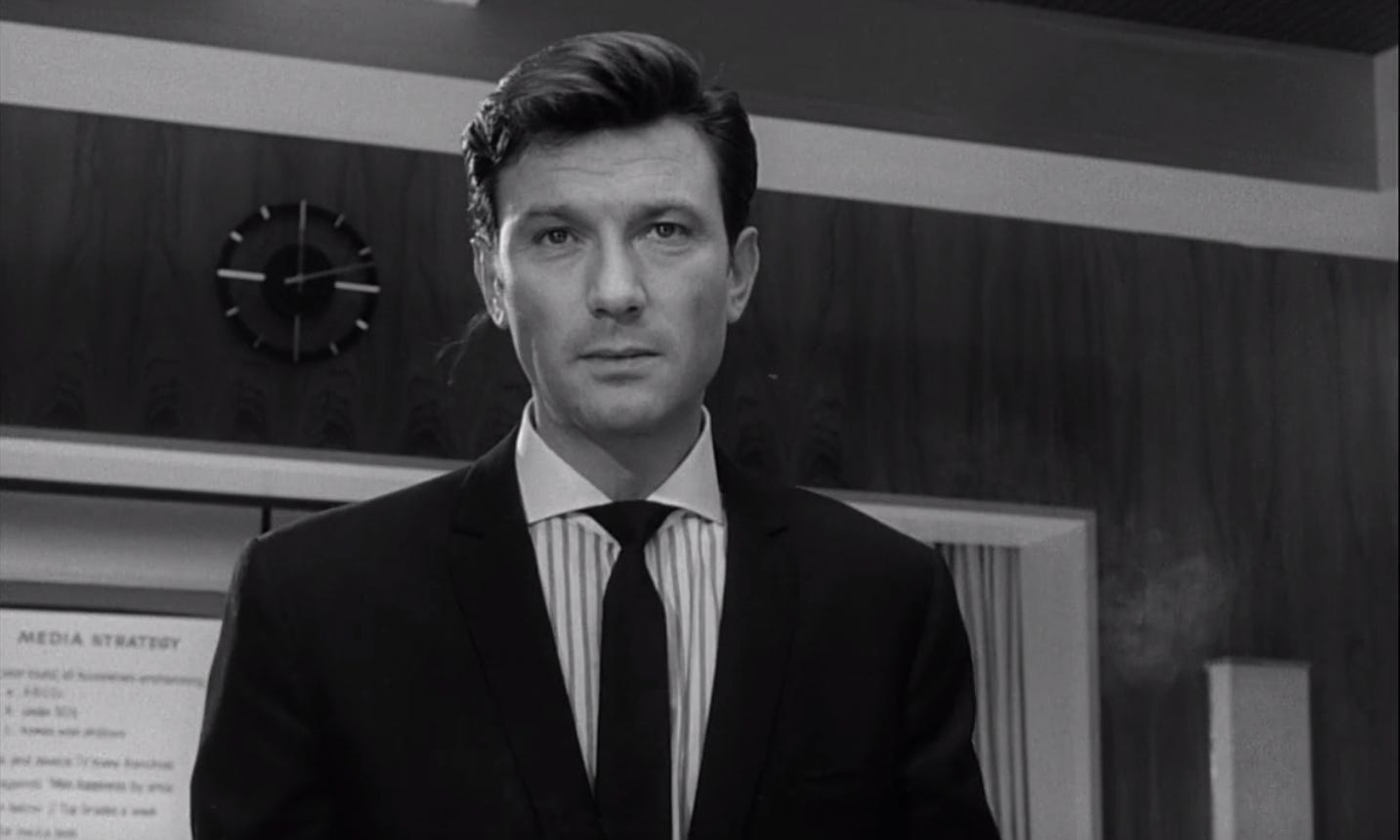
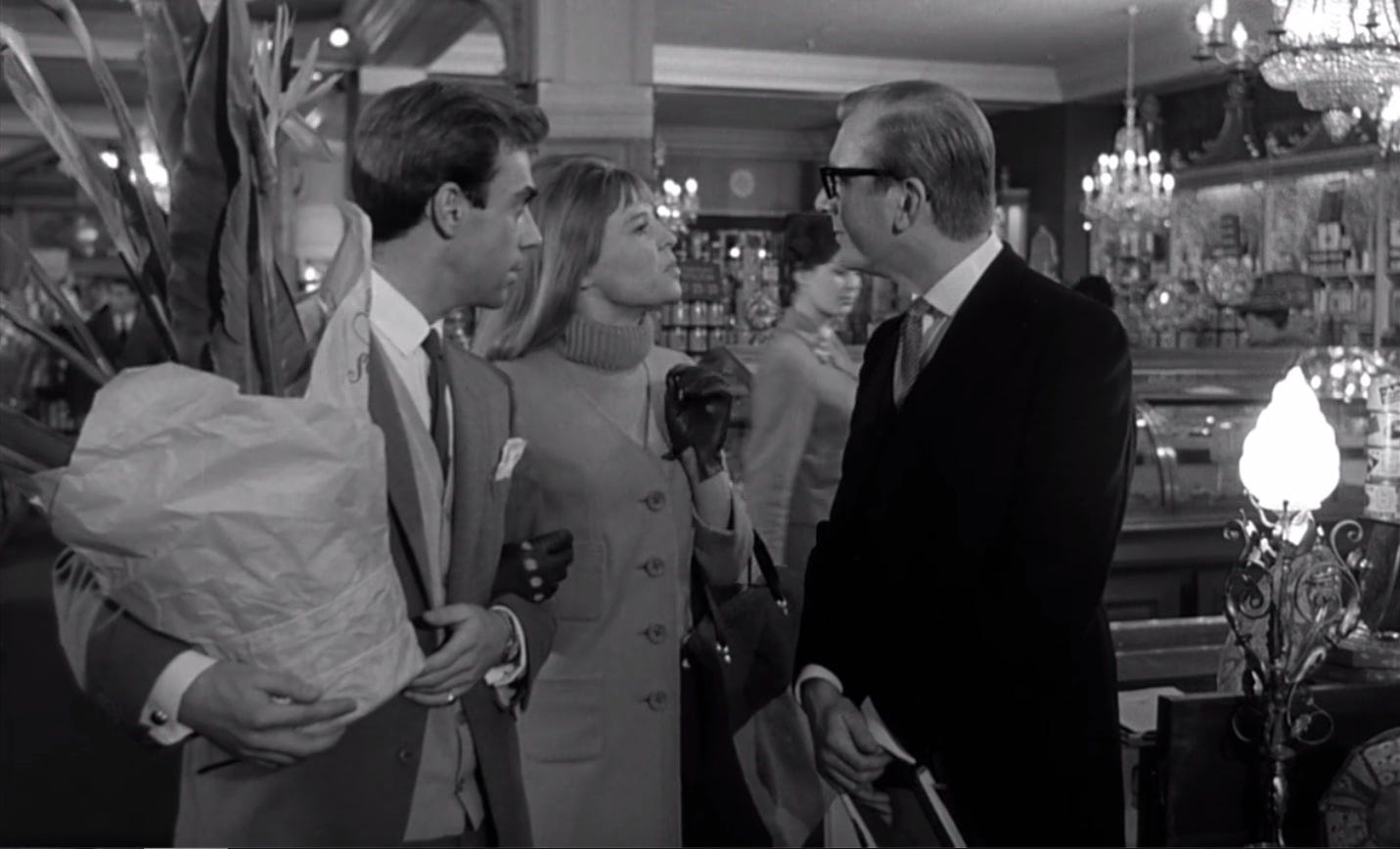
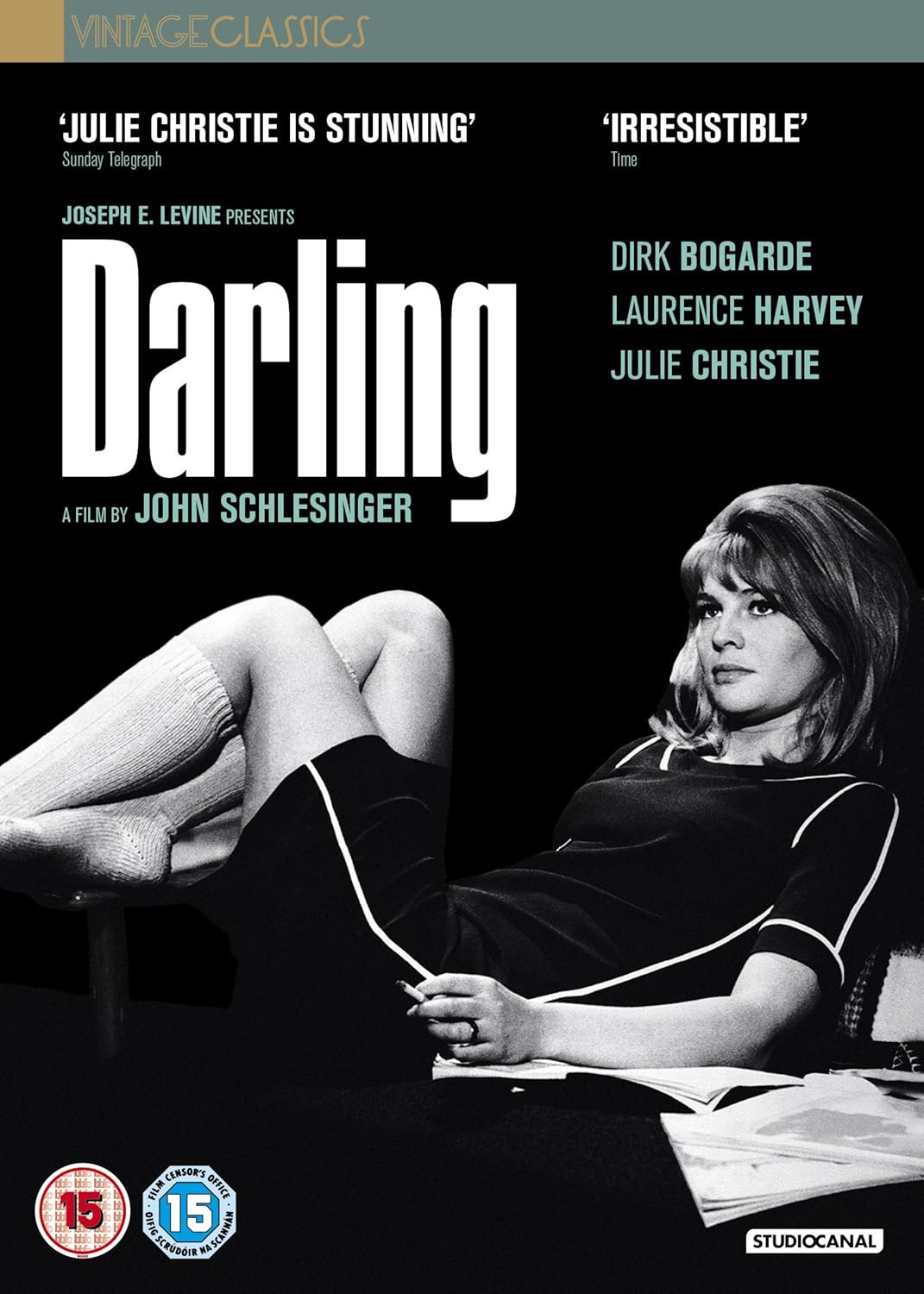
‘apparently irresistible’! Well, definitely worth a quid… I’ve never seen this, but may well remedy that later…
I found it intensely irritating when I saw it in 1966. You have encouraged me to try it again. I never tire of watching Julie Christie. I remember the first time I saw her. A for Andromeda on the television. She could have had me if she had played her cards right.